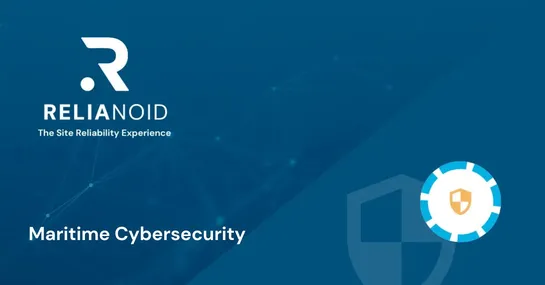We’re excited to take part in The Elephant In AppSec Conference 2026 🐘🔐
📅 January 14–15, 2026 🌐 Virtual Event An AppSec event where strong opinions are encouraged, assumptions are challenged, and real-world experience takes center stage. Looking forward to engaging in honest conversations and sharing how RELIANOID supports modern Application Security through secure appl..










